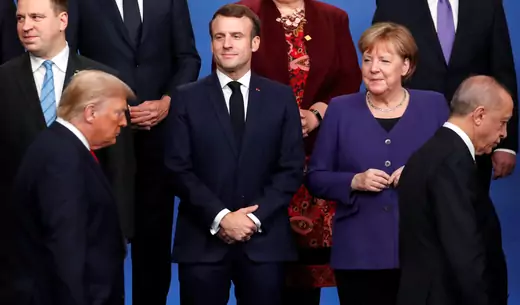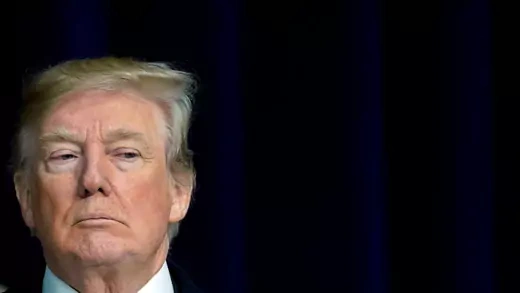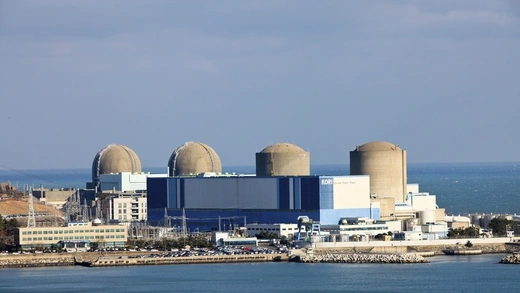- RealEcon
- Israel-Hamas
-
Topics
FeaturedIntroduction Over the last several decades, governments have collectively pledged to slow global warming. But despite intensified diplomacy, the world is already facing the consequences of climate…
-
Regions
FeaturedThe 2021 coup returned Myanmar to military rule and shattered hopes for democratic progress in a Southeast Asian country beset by decades of conflict and repressive regimes.
Backgrounder by Lindsay Maizland January 31, 2022
-
Explainers
FeaturedDuring the 2020 presidential campaign, Joe Biden promised that his administration would make a “historic effort” to reduce long-running racial inequities in health. Tobacco use—the leading cause of p…
Interactive by Olivia Angelino, Thomas J. Bollyky, Elle Ruggiero and Isabella Turilli February 1, 2023 Global Health Program
-
Research & Analysis
FeaturedLost Decade is an essential guide for understanding the historic shift to Asia-centric geopolitics and its implications for the United States’ present and future. Across the political spectrum, …
Book by Robert D. Blackwill and Richard Fontaine June 11, 2024 Asia Program
-
Communities
Featured
Webinar with Carolyn Kissane and Irina A. Faskianos April 12, 2023
-
Events
FeaturedJohn Kerry discusses his work as U.S. special presidential envoy for climate, the challenges the United States faces, and the Biden administration’s priorities as it continues to address climate chan…
Virtual Event with John F. Kerry and Michael Froman March 1, 2024
- Related Sites
- More
May 29, 2012
Economic CrisesHow do the recent economic collapse and recovery match up with past cycles? This chart book provides a series of answers, plotting current indicators (in red) against the average of all post–World Wa…
January 30, 2020
Global GovernanceSessions were held on the future of the European Union, a global governance of migration, the weaponization of economic interdependence, the French nuclear deterrence strategy, European strategic aut…

June 11, 2018
International OrganizationsParticipants discussed how Donald J. Trump’s repudiation of multilateral cooperation undercuts the world’s ability to alleviate transnational challenges, even if other countries step up to fill the v…

March 15, 2012
South KoreaThe Republic of Korea (ROK) will host the second Nuclear Security Summit (NSS) in Seoul on March 26 and 27. U.S. president Barack Obama, Chinese president Hu Jintao, UN secretary-general Ban Ki-moon,…

July 18, 2016
RussiaSteven A. Tananbaum Senior Fellow for International Economics Robert Kahn argues that summer has seemingly brought a new optimism about the Russian economy. Russia’s economic downturn is coming to an end, and markets have outperformed amidst global turbulence. But the coming recovery is likely to be tepid, constrained by deficits and poor structural policies, and sanctions will continue to bite. Brexit-related concerns are also likely to weigh on oil prices and demand. All this suggests that Russia’s economy will have a limited capacity to respond to future shocks.
 Online Store
Online Store
